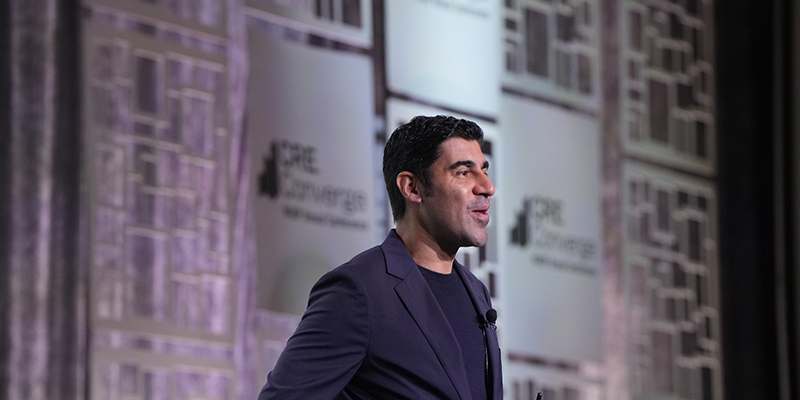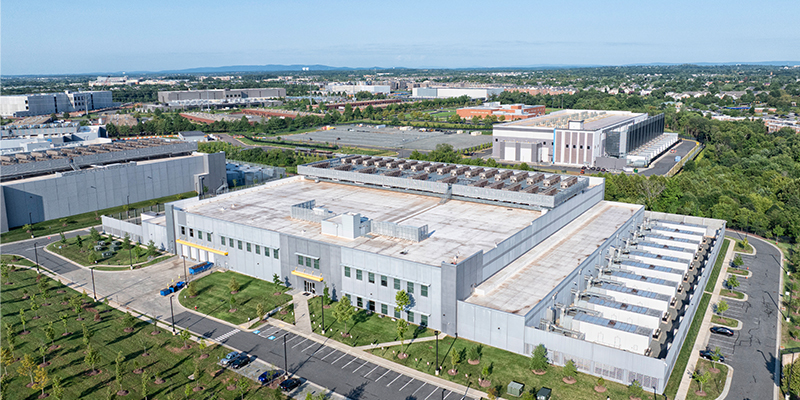Owners and developers of commercial real estate recognize that obtaining local building permits is an essential and fundamental requirement for the development and improvement of their properties. The processes for obtaining these permits vary by municipality and state. These variations lead to uncertainties and delays in projects moving forward, which impacts the development project’s financing, cost and the retention of contractors, construction equipment and other materials.
Many state legislatures have taken action to address this by bringing more predictability, transparency, and accountability to the local permitting processes within their state. This was the case in Florida and Georgia following effective advocacy by our local NAIOP chapters. Our members were increasingly concerned with the negative effect on development with the inconsistent application of permit requirements and fees by local governing entities.
NAIOP members in Georgia identified local permitting reform as a top legislative priority in 2016. After several sessions of educating lawmakers, the state enacted the Private Permitting Review and Inspection Act in 2019. The state of Georgia has now established a common-sense framework in approving commercial and residential permit applications. Core features of this model legislation include:
- Local municipalities must publish the regulatory fee charged, the schedule for review, and the items required for a permitting application to be deemed complete.
- The fee charged must be commensurate with the cost of the permitting process and not a tax to fund other non-applicable activities.
- Municipalities must notify an applicant within five days of submitting a permit application if it is deemed complete. Following the notification, they must render a final decision on the application within 30 days.
- If the municipality notifies the applicant that it cannot process within 30 days, the applicant may retain a certified third party (architect or engineer) to review and process the permit. The municipality will convey half the permit fee to the third party.
- The inspections in accordance with the permit must be performed within two days of the request by developer. As with permitting, the developer can opt for a certified third party if the municipality is unable to meet the timeline.
The success of permit reform in Georgia was followed by a major legislative victory for NAIOP of Florida earlier this year. The enactment of House Bill 1059 on June 29 will bring significant certainty and predictability to the local permitting process in the state of Florida. Starting Oct. 1, the local entities must implement the following protocols for accepting, reviewing, and approving permit applications:
- Accept the electronic filing of permit applications
- Post the application’s status on their website
- Establish a webpage on the process for receiving, processing, and approving a permit application
- Reduce the permit fee if a local permitting agency fails to meet statutory deadlines for reviewing an application
There is also a bill currently moving through the North Carolina legislature to enact permit reforms that are similar to the ones in Georgia. State Representative Jeff Zenger introduced House Bill 291, which passed the House on a bipartisan vote of 79 to 33. Fifteen Democrats joined Republicans in sending the bill to the Senate for their consideration. The permit reforms contained in the bill are:
- A permitting entity has 21 days in which to issue permit.
- During the 21 days, the department shall resolve issues and may seek additional information from the applicant.
- If additional information is needed or the application must be resubmitted, the permitting entity has 15 days from receipt of the information to issue a permit.
- If the permitting entity is unable to issue the permit within 21 days, the applicant may seek approval from a certified third-party (engineer) or the Department of Insurance.
- Local governments must remit 2% of all building code permit fees to the Department of Insurance to support associated with their participation in the process.
The state of New Jersey passed a bill that will bring more predictability to the permitting process by establishing a time frame for permit inspections by a local permitting entity or certified third party. Assembly Bill 4850 / Senate Bill 3095 allows for expedited inspections within two days of a request by an applicant, who pays a premium fee, along with other applicable fees, at the time of filing. The bill is currently on the Governor’s desk for his signature.
There have been discussions within other NAIOP chapters on potential steps to improve the permitting process within their respective states. This has included maintaining the applicable building codes and permit fee at the time of the application’s certification as complete by the local governing entity. This provides a level of certainty by avoiding changes in codes and fees during the permit review process.
Permits are an important part of commercial development. NAIOP chapters will continue working with state lawmakers in laying the foundation for commercial development by strengthening local permitting processes. The legislative successes in Georgia, Florida and North Carolina provide permit reform options for other chapters to consider.








